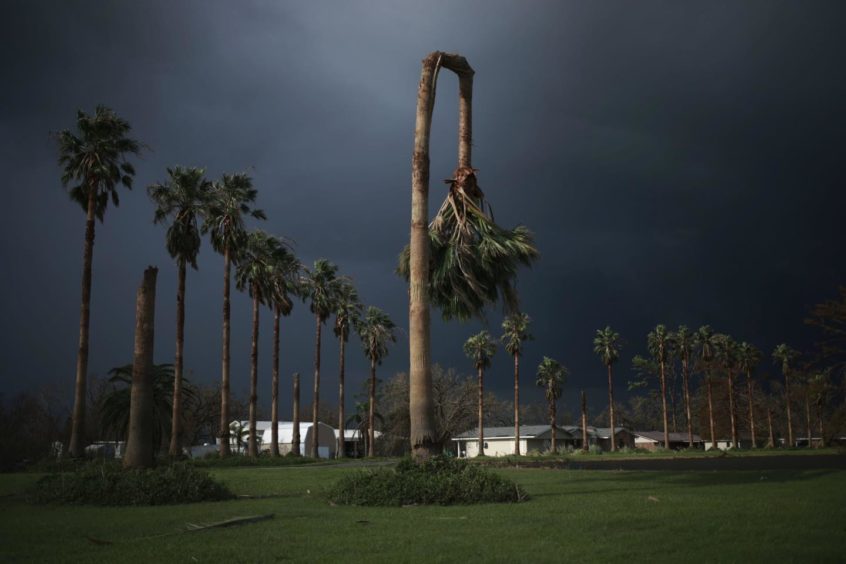
Oil climbed toward $70 a barrel after a run of three weekly gains as investors tracked the slow restoration of supplies in the Gulf of Mexico and the outlook for demand and inventories over the fourth quarter.
West Texas Intermediate traded 0.4% higher after rallying 2.3% on Friday, pushing the U.S. benchmark to a slight gain for the week. More than two weeks since Hurricane Ida slammed into the key producing region, almost half of crude output in the U.S. Gulf of Mexico has yet to be restarted, according to the latest tally from the Bureau of Safety and Environmental Enforcement.
The disruption caused by the storm was an “unusual bullish shock” for the market, according to Goldman Sachs Group Inc. Ida was “unique” in having a net bullish impact on U.S. and global oil balances, spurring an estimated decline of about 30 million barrels in inventories so far, which may swell to near 40 million, the bank said in a Sept. 9 note. In a separate report, Goldman picked crude to lead a rally in commodities next quarter.
Oil has pushed higher in recent weeks, paring a quarterly decline, as investors assessed the fallout from the storm and the recovery in demand from the coronavirus pandemic. The move higher has come even as the Organization of Petroleum Exporting Countries and its allies stick with a plan to restore output, and China confirmed an unprecedented release of crude from its stockpiles.
“The slower-than-expected resumption of U.S. Gulf upstream and downstream capacities post-Ida may have added some bullishness to prices,” said Vandana Hari, founder of Vanda Insights in Singapore. “Still, the balance of bullish and bearish factors on the horizon don’t suggest a price rebound in the making.”
Prices
WTI for October delivery rose 0.4% to $69.98 a barrel on the New York Mercantile Exchange at 12:01 p.m. in Singapore.
Brent for November settlement climbed 0.4% to $73.18 a barrel on the ICE Futures Europe exchange.
The aftermath of Ida has left about 1.1 million barrels of daily production shuttered in the Gulf of Mexico and it’s unclear when that output will return, a bullish sign, according to Vitol Group, the world’s biggest independent trader.
Later on Monday, OPEC is scheduled to release its latest monthly assessment on worldwide supply and demand as inventories continue to ebb. Nationwide crude stockpiles in the U.S. have sunk to the lowest level since September 2019.
Brent’s prompt timespread was 67 cents a barrel in backwardation, up from 60 cents a week ago. That’s a bullish pattern, with near-dated prices trading above those further out.
Recommended for you
